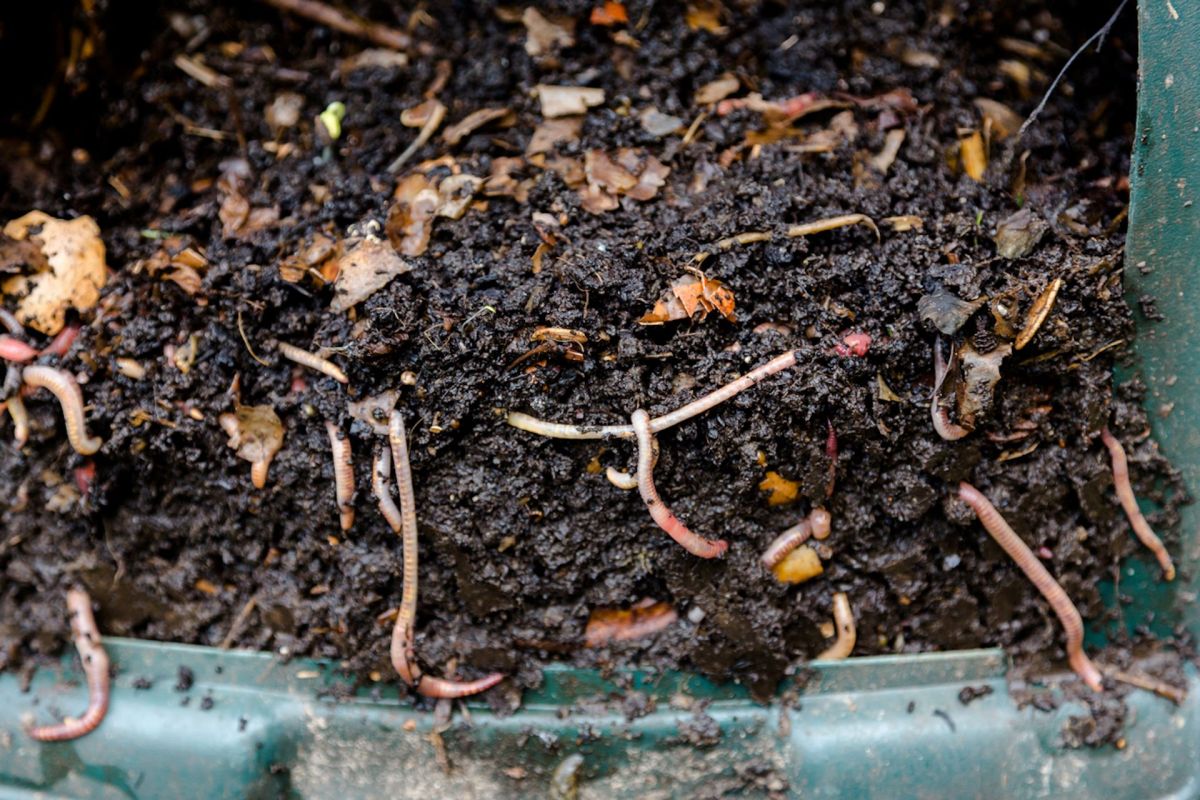Palm Beach County, Florida, is making commercial worm composting illegal, saying it owns the rights to residents' trash.
What's happening?
Mel Corichi originally founded her worm farm and community composting business, Let It Rot, in partnership with the Palm Beach County Food Bank in 2015 to reduce food waste.
She would feed the food bank's expired donations to her worms. The worm droppings, or castings, would create fertile soil, which could be utilized as an eco-friendly fertilizer. This is known as vermicomposting.
Eventually, Corichi started serving local residents who could opt into her program. Corichi would pick the waste up at her customers' properties.
That all recently came to a halt, however, when she received a phone call from the county's Solid Waste Authority telling her that what she was doing was illegal. She was subsequently forced to close down operations.
She explained to Palm Beach Daily News, "Whether or not it's on the curb or in your house, if it's trash, it's the property of the Solid Waste Authority."
The county told Corichi that it burns the county's organic waste to generate electricity that powers 88,000 local homes.
"Apparently, my little composting operation could affect the county's ability to do that," Corichi told Palm Beach Daily News.
"I don't really have a business anymore," she told WPTV.
Why are these vermicomposting regulations concerning?
Palm Beach County incinerates its collected waste. This type of waste management causes air pollution and releases toxic gases. Meanwhile, one of the safest methods for managing organic waste is vermicomposting.
The result — highly fertile worm poop — offers an alternative to conventional fertilizers and pesticides, which can contaminate soil and water. The impact of fertilizers is often long term and cumulative. According to Occupational Health & Safety, exposure to fertilizers may increase the risks of developing cancer in adults and children. It could also adversely affect fetal brain development.
What can I do to help with these vermicomposting regulations?
Corichi launched a Change.org petition, which you can sign to ask the county to reconsider its policy.
You can also practice vermicomposting in your backyard, even if you live in Palm Beach County. The Cornell Waste Management Institute has some tips on how to get started.
Join our free newsletter for cool news and actionable info that makes it easy to help yourself while helping the planet.









